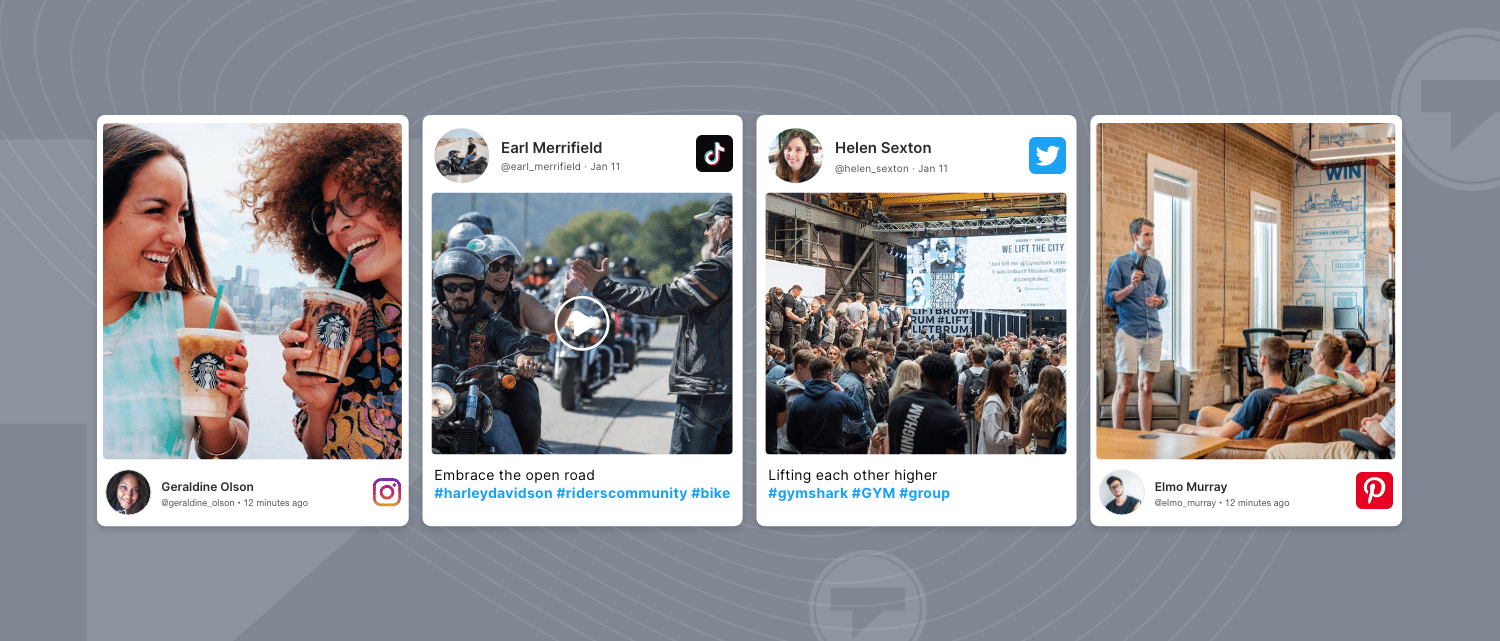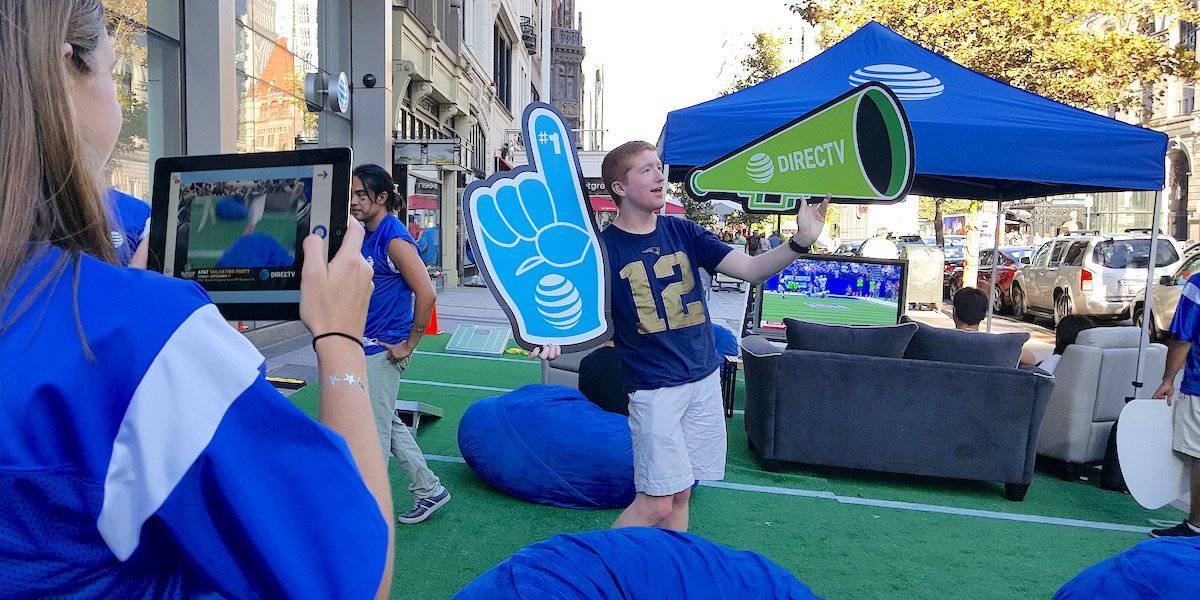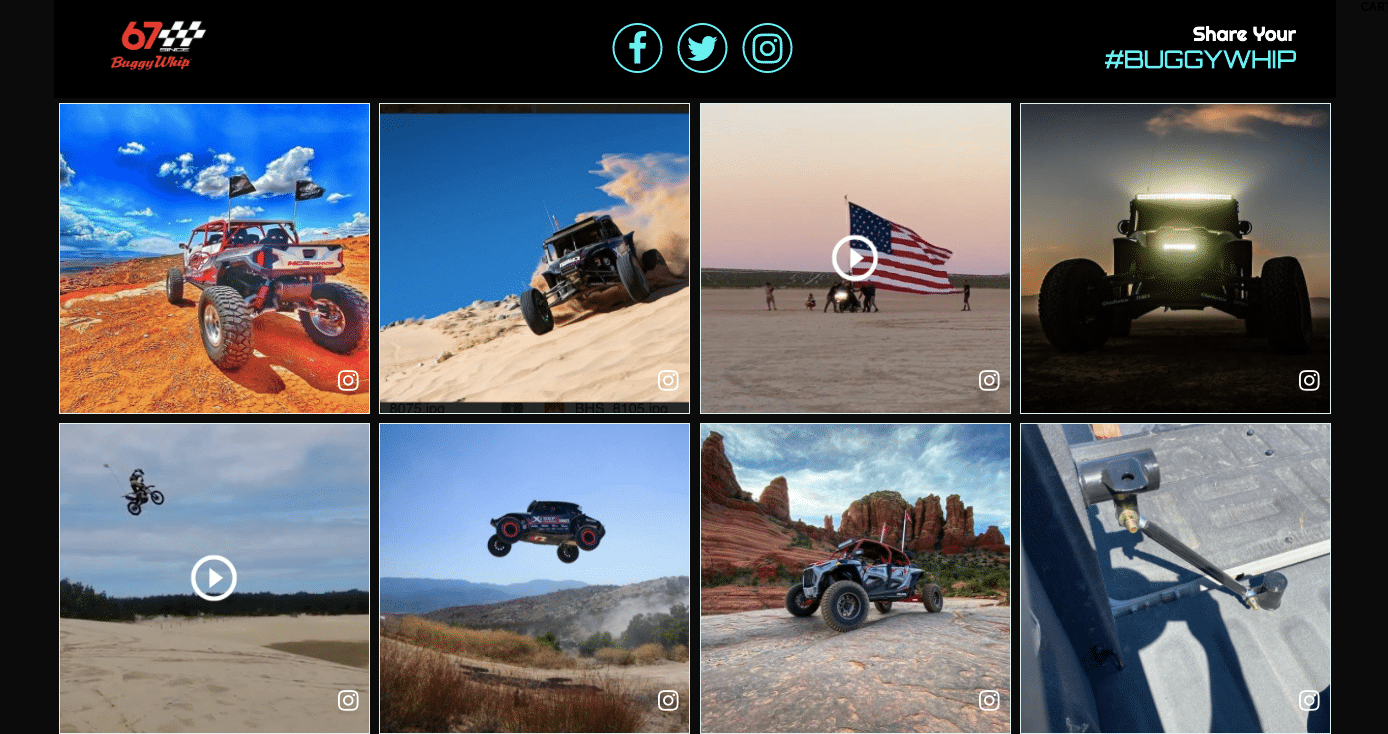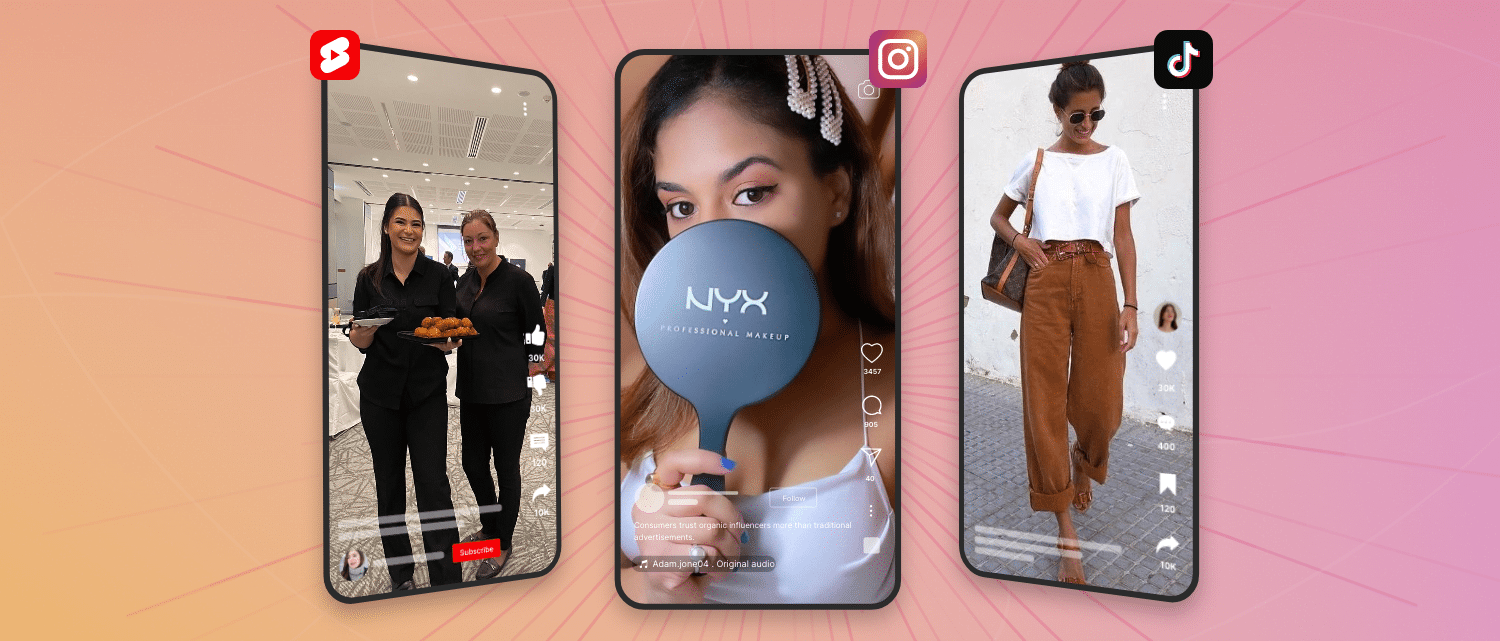Read summarized version with
Building a solid brand community has become an essential aspect of successful marketing strategies in today’s day and age. Not only does it foster brand loyalty and advocacy, but it also creates a sense of belonging and connection among customers.
In this collective guide, we will delve into the importance of communities, explore practical strategies for building and nurturing them, and highlight some noteworthy brand community examples.
What Is A Brand Community?
A brand community is a collection of customers and a vibrant ecosystem where individuals come together based on their shared values, aspirations, and love for a brand. It transcends the boundaries of traditional marketing and fosters a sense of belonging and identity among its members.

80% of marketers indicate that building brand communities has increased traffic. Customers become brand advocates within a community, forging deep connections with the brand and fellow community members. It is a space where ideas are exchanged, experiences are shared, and a genuine sense of loyalty and camaraderie thrives.
A strong brand community often emerges when customers or clients have positive experiences and perceive value in the brand’s products or services.
For example, if you are a web designer, by delivering exceptional website solutions and showcasing successful website RFP examples, you can enhance your brand’s reputation.
A community that supports a brand will not only serve as a valuable support system for the business but will also act as brand advocates, which leads to the driving of customer loyalty and the ability to amplify the reach of a business website.
Why You Should Have A Brand Community?
Why should you invest in building a brand community? The advantages are plentiful, benefiting the brand and its customers significantly. Creating a brand community fosters a sense of belonging and emotional attachment, leading to heightened customer loyalty and advocacy.

94% of customers are likely to show loyalty to a brand that offers complete transparency.
Moreover, brand communities serve as a treasure trove of insights and feedback. Engaging with your community members strengthens their bond with the brand.
Also, this provides you with invaluable information that can shape your product development and marketing strategies. To illustrate, you can use a mockup generator or other handy tools to create design prototypes and test them in your brand community by giving your users design choices and asking for feedback.
By listening to your community’s voices, you better understand their needs, desires, and pain points, enabling you to deliver enhanced experiences and offerings.
How To Build A Successful Brand Community?
Building a thriving brand community requires strategic planning and deliberate efforts to foster meaningful connections with your audience.
By following proven strategies and engaging with your community, you can learn how to build a fitness community that strengthens your brand’s presence and drives customer loyalty.
Define Your Brand Goal and Metrics
Before building a brand community, defining clear goals and establishing measurable metrics is essential. This ensures that your community-building efforts are aligned with your overall marketing objectives.

Whether you aim to increase customer engagement, drive sales, or enhance brand loyalty, setting specific & measurable goals allows you to track your progress effectively.
By monitoring metrics such as community engagement levels, customer satisfaction scores, and referral rates, you can gauge the success and impact of your consumer community.
Choose a Community Platform
Selecting the right platform for your community is paramount to creating a seamless and engaging experience for your members. Consider factors such as user-friendliness, scalability, and integration capabilities when choosing.

According to a report by Vanilla Forums, a staggering 76% of community professionals believe that having the right platform is crucial for the success of their customer community.
Investing in a platform that caters to your needs can facilitate smooth communication, seamless content sharing, and robust community management.
Regularly Engage with Your Brand Community
Active and consistent engagement is the lifeblood of a thriving brand community. Actively interact with your community members through various channels, including social media platforms, forums, and events. Promptly respond to their inquiries, provide valuable insights, and encourage meaningful conversations.

Research by Lithium Technologies reveals that 53% of consumers expect a brand to respond to their social media comments within an hour. By fostering real-time engagement and maintaining an open line of communication, you can build customer loyalty, trust and a sense of belonging among your community members.
Leverage User-Generated Content
User-generated content (UGC) is an ally for cultivating a vibrant and engaged brand society. Encourage your community members to create and share content related to your brand, such as testimonials, reviews, and creative works.

UGC adds authenticity and credibility to your marketing efforts and strengthens the bond among community members. According to a Bazaarvoice report, 64% of consumers trust UGC more than brand-generated content.
By showcasing and amplifying the voices of your community, you foster a sense of pride and ownership, making members feel valued and included.
Influence Your Community with UGC
Book Your Demo Now!
Track Social Listening
Social listening is indispensable in understanding and addressing the needs, sentiments, and conversations surrounding your brand. You gain valuable insights into customer opinions, emerging trends, and potential issues by monitoring social media platforms and online forums.

Utilize social listening tools like Hootsuite or Sprout Social to gather data, analyze customer feedback, and make data-driven decisions. By staying attuned to the pulse of your brand community, you can adapt your strategies, address concerns, and foster a community culture that resonates with your audience.
Best Brand Community Examples
Gymshark
Gymshark, the renowned fitness apparel brand, has successfully cultivated a passionate community by prioritizing the empowerment of its customers and promoting inclusivity.
Through its active presence on social media platforms, exclusive events, and collaborations with influential fitness personalities, Gymshark consistently engages with its community.
CEO Ben Francis emphasizes that “Gymshark is more than just a seller of gym clothing; it is a thriving community”
Charlie Hustle
Charlie Hustle, a Kansas City-based clothing brand, has established a robust brand community by embracing local pride and nostalgia.
GET READY! We’ve teamed up with @CharlieHustleCo to create a collection of tees for matchday. 💙⚽ The 𝐒𝐩𝐨𝐫𝐭𝐢𝐧𝐠 𝐂𝐥𝐮𝐛 𝐂𝐨𝐥𝐥𝐞𝐜𝐭𝐢𝐨𝐧 launches Sunday and will be sold from both our new Charlie Hustle Store at @cmpark and their flagship location. pic.twitter.com/GzwndAzAyg
— SportingStyle (@SportingStyle) May 7, 2021
Their strong connection with the city’s sports history resonates with the community. Charlie Hustle engages its members through limited-edition releases, collaborative projects, and exciting events.
Founder Chase McAnulty believes that community-building lies at the core of their brand’s success.
Starbucks Coffee
Starbucks, the global coffeehouse chain, has created a widespread brand community by fostering a sense of belonging and personalization.

Their Starbucks Rewards loyalty program offers exclusive perks and tailored offers, enhancing the connection with their community. Social media campaigns and initiatives like the immersive “Starbucks Reserve Roastery” experience further engage their customers.
According to former CEO Howard Schultz, Starbucks represents more than just a cup of coffee; it embodies a sense of community.
Glow Recipe
It is a prominent skincare brand that has successfully built an engaged community by harnessing the power of user-generated content.
It create a collaborative environment by encouraging skincare enthusiasts to share their routines and experiences. They actively involve the community in product development and decision-making processes.
Co-founders Sarah Lee and Christine Chang firmly believe that community collaboration is the key to creating products that people truly love.
Harley Davidson
Harley Davidson, the legendary motorcycle manufacturer, has established an iconic bikers community centered around the passion for motorcycles and the freedom of the open road.
Their community-building efforts encompass group rides, exciting events like “Harley Fest,” and online forums that enable enthusiasts to connect and share their experiences.
For Harley Davidson enthusiasts, owning a Harley is more than just having a bike; it represents a way of life.
Apple
Apple’s community is a testament to its commitment to innovation and exceptional customer experience.
Apple has built a dedicated community of Apple enthusiasts by fostering a sense of exclusivity and providing exceptional customer support, often enhanced by well-crafted customer care scripts that ensure consistent and effective communication with customers.

Developer conferences and other engaging events strengthen the bond between Apple and its community. As the late Steve Jobs famously stated, “Innovation distinguishes between a leader and a follower.”
Wrapping Up!
Building a solid brand community requires a well-planned strategy, consistent effort, and a deep understanding of your target audience.
By implementing the tips and strategies outlined in this guide and drawing inspiration from successful community examples, you can create a vibrant and engaged community that drives brand loyalty, advocacy, and long-term success.









